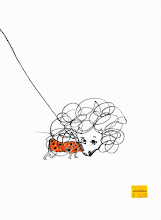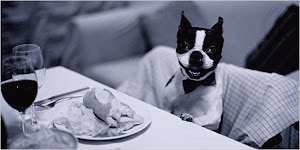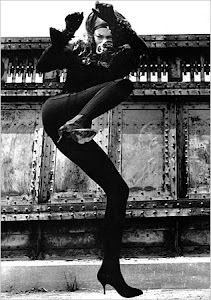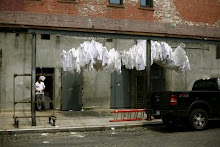Every once in a while you recognize hey, I'm marching to a different drummer. I live outside the zeitgeist. I'm not the maven on this one. Actually I just don't get it.
Such is my feeling upon completing this first novel which has won great critical acclaim, near-awards and bestseller status. So thrilled with it is its publisher that there is a run of advanced reading copies for the trade paper edition, all the better to further activate buzz from those who didn't receive the hard cover ARC. In fact, the publisher's letter on the back of this same advance reading copy alludes to The Great American Novel with comparisons to Gatsby.
Gatsby? Really?
My first crack at this book was in New York, where I was staying in a fabulous hotel in the lower east side mere steps from the Bowery Mission. The combination of the tension of the book, which is about a bunch of advertising types undergoing a series of layoffs, plus New York plus the up close and personal view of where being down and out can take you all added up to shelving it.
But so many of the great readers in my life have loved this book I felt I had to give it another go. "Get past the first 100 pages and you'll love it!" they said.
Love it I did not.
The book is written in the royal "we" but that's not annoying. It is written about a group of people so morally vacuous that diatribes about the serial numbers on "buckshelves" seems reasonable. Their collective madness and unravelling leaves little to glom on to, none of the characters seem either very nice or even very smart.
Take for example one guy who is distraught because his mistress won't commit to an abortion. "My life will be ruined" he laments -- not, "I ruined my life" by which he really means "I ruined my wife." This is a common strain in real life I admit, so perhaps kudos to the author for noticing.
Among the others of "we" are those who go to McDonald's to observe a grieving mother who cannot help but go to the ball room where her dead daughter played, in order to conjure the child. They observe but in a "can you believe it?!!" way which I am happy to say I don't recognize.
One of the best sections is about the feared head of the agency, who has made many "walk Spanish" (down the plank) to joblessness, who is terrified of the hospitals that will not cure her cancer but rather subject her to numerous humiliations before she dies. Fair enough. This cancer-addled woman loses her mind but finds that her boyfriend is capable of generous, compassionate, imaginative care of her -- really, his approach is knight on a white steed -- but then he feels he needs to tell her, lest she get the wrong impression, that while he will help through the puking and the aching and the other forms of horrible, he really has to say that there's no future for them.
How startling, how cold, how tragic to know in the face of your own mortality that no one actually loved you enough. That someone so lovely did not love you enough.
This book is devastating and that is, I suppose its beauty for sturdier souls. It has a Russian, not American, vibe -- the dispassionate reportage of moral failings strikes me as distinctly of that ilk rather than the rather grandiose and affirming Great American Novel. It is a consummate act of writing. That the author gets away with "we" so easily, and deals with 9-11 so elegantly (my pet peeve is with books that use this as a plot point -- c'mon, try harder....) and lets its characters (there is no protagonist but "we" -- kind of profound, that...) squirm in their own cheap squalor -- well, that's some good and disciplined writer.
Sadly this is not, to me anyway, an enjoyable book. Necessary, prescient, smart, maybe. But bloody hard to face.
Subscribe to:
Post Comments (Atom)












No comments:
Post a Comment